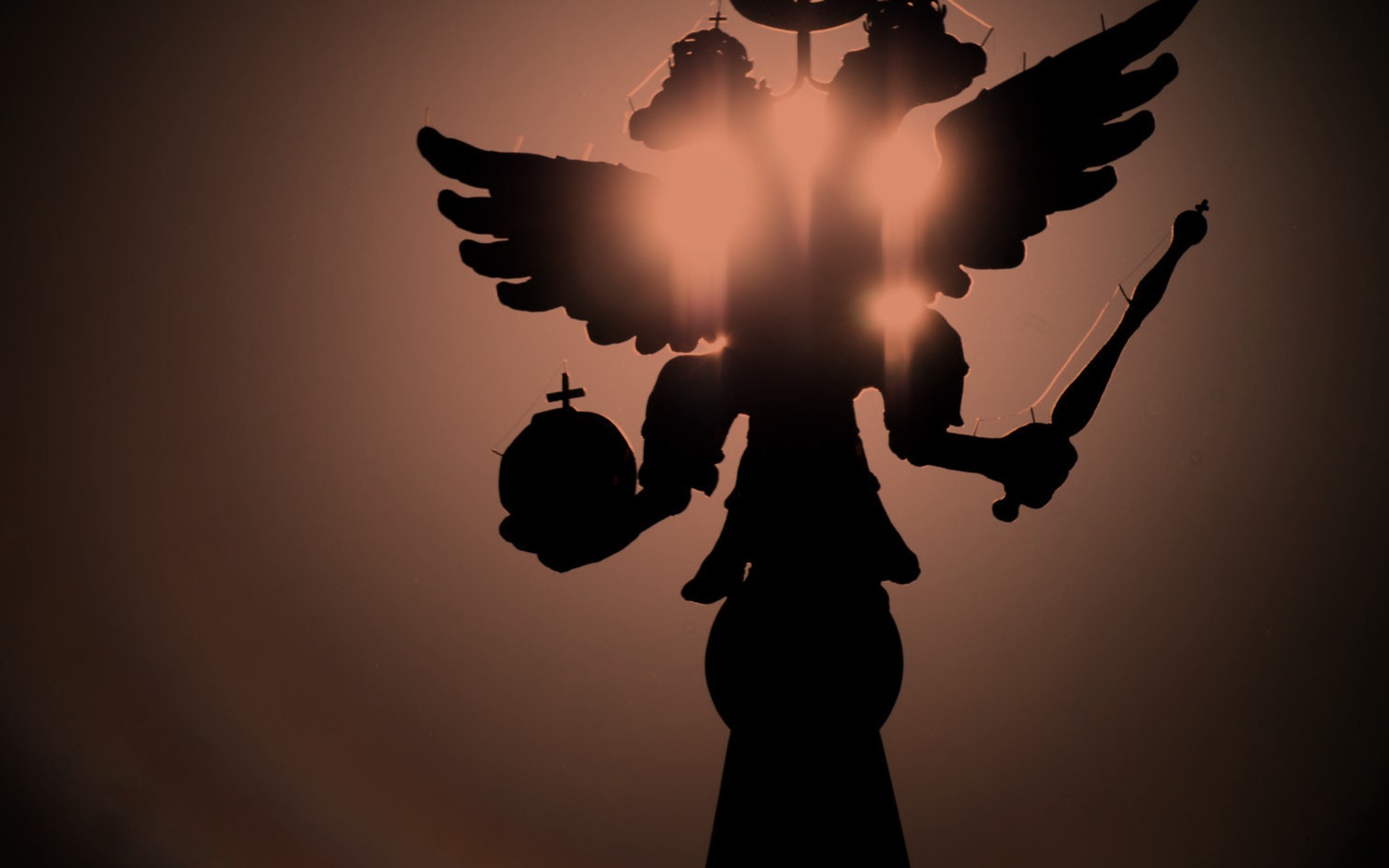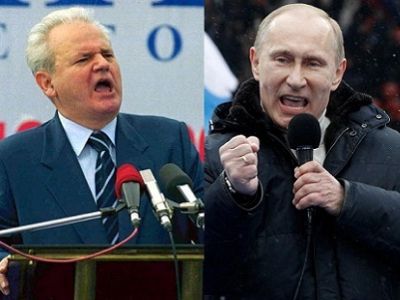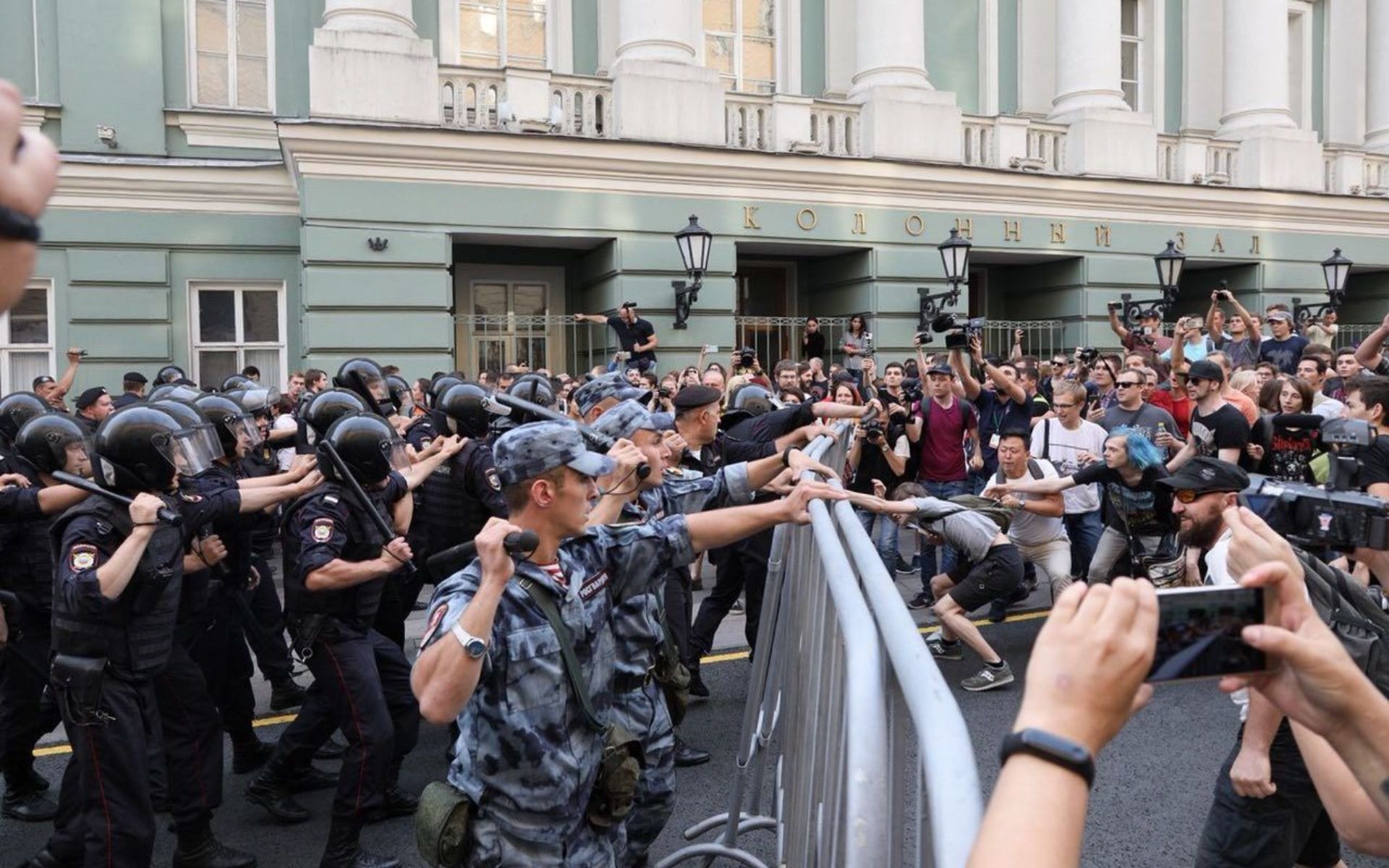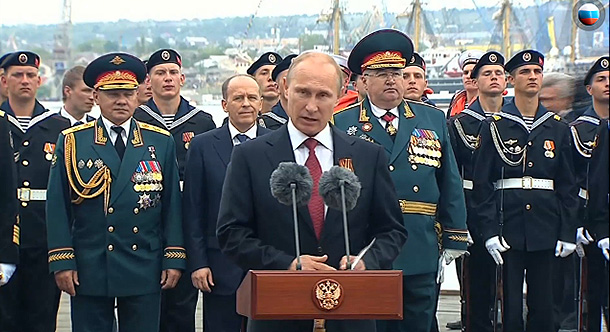As long as Russia remains an empire, Igor Eidman says, Moscow will be repressive at home and aggressive abroad, a reality that the people in Khabarovsk and elsewhere understand and why it is important to see that their opposition to the Kremlin is also opposition to the empire run from there.
“A single and indivisible Russia is needed above all by the ruling class: the bureaucracy, the siloviki and the oligarchs,” the Russian sociologist says. The power vertical works for them but can’t maintain either a legal state on the country’s territory or a decent standard of living for its people.
Indeed, he continues, “as long as the enormous country is run from the Kremlin like an overseas colony, it will be condemned to dictatorship and a vegetative state. The alternative is the de facto independence of the regions and a serious strengthening of the role of local self-administration.” It and that of the regions must take precedence over the center.
Dictators have always viewed the maintenance of their territories as the highest value, something that justifies their repression and aggression, Eidman says. But it is time to stop treating such claims as “a holy cow” that cannot be questioned by anyone. Some regions will leave but that can work to the benefit of both the residents of those who do and everyone else.
One of the ideas the Khabarovsk protesters have talked about points to a useful example from Russian history. “At the end of the Civil War, the Bolsheviks, fearing the Japanese interventionists, created the Far Eastern Republic (FER) as a buffer.” At least initially, it had multi-party democracy and marks. “Then the Kremlin liquidated this completely successful project.”
Imagine what would have happened had the Kremlin left it in peace: “Yes, formally, ‘Russia would have lost the Far East,’ but in fact both the residents of the FER and citizens living under Soviet power would have benefited. Stalin’s collectivization and terror wouldn’t have come to its lands, and this republic could have served as an example” for other regions.
An analogue to the FER now could become “a completely successful democratic state. Moscow is far away, its officials treat the Far East as a recalcitrant colony, and their incompetent administration freezes the development of the region,” Eidman argues. Local people could do far better, and many of their descendants now are showing they know that.
The non-Russian republics too are “Kremlin colonies” and their past efforts to gain independence were “drowned in blood by the Kremlin” from Sakha (Yakutia) at the end of the 1920s to Chechnya more recently. These and other republics, Eidman suggests, “of course, have the right to complete independence. Holding them by force in ‘the prison house of peoples’ is a crime.”
If Russia is to have a successful future, it will do so “only on the ruins of the empire” and “possibly not as a single state but as a common cultural space, out of which some national republics will exit.” Those republics and regions who remain may form something like the British Commonwealth, the European Union or the Swiss Confederation.
In any case and despite how utopian all this seems, “sooner or later it can become the reality; and no one should continue to clutch at the dissolving “specter of a single indivisible empire.” Eventually, it won’t exist because “in the contemporary world, empires are condemned to disappear.”
Read More:
- Pandemic adding to burdens sanctions have imposed on Moscow for seizing Crimea, Umland says
- Moscow’s efforts to Russianize non-Russians will lead to demise of Russian nation and Russian state, Gyylman says
- Chinese outlet: Russia falling apart and its neighbors must be ready to reclaim what is rightfully theirs
- ‘The West won’t allow the Russian Federation to disintegrate,’ Kashapov says
- Evil empire revives in Putin’s regime and FSB methods of “fighting terrorism”
- Muslims will trigger disintegration of new Russian empire, Ukrainian mufti says
- The Russian Federation will disintegrate but not ‘just like the Soviet Union did’
- Moscow paper puts up and takes down article saying disintegration of Russia is ‘inevitable’





